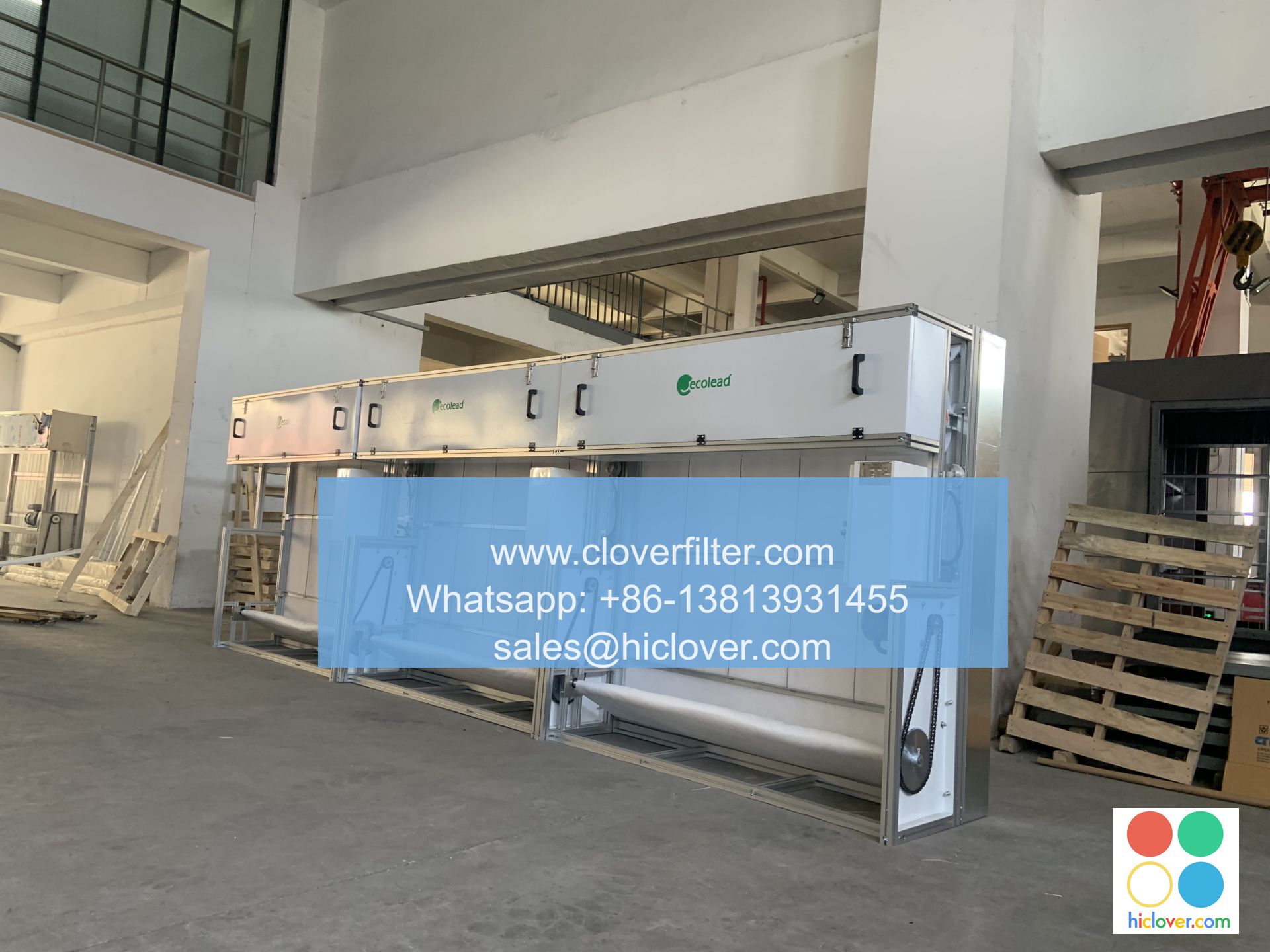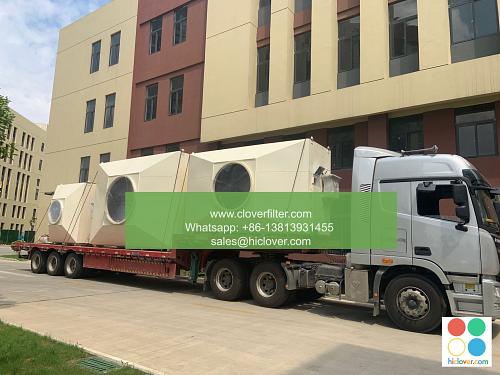From Airborne Pollution to Clean Air: The Work of Air Filter Manufacturers

The importance of clean air cannot be overstated, and air filter manufacturers play a crucial role in removing particulate matter, volatile organic compounds, and other airborne pollutants from the air we breathe. In this article, we will delve into the world of air filtration, highlighting various application areas, and explore the innovative solutions being developed by air filter manufacturers to combat indoor air pollution and outdoor air pollution.
The Impact of Air Pollution on Human Health
Air pollution is a major public health concern, responsible for an estimated 7 million premature deaths worldwide each year. Fine particulate matter (PM2.5), nitrogen dioxide, and ozone are just a few examples of the harmful pollutants that can cause respiratory problems, cardiovascular disease, and even neurological damage. Air filter manufacturers are working tirelessly to develop effective solutions to mitigate the effects of air pollution, from HEPA filters and activated carbon filters to electrostatic precipitators and ionic air purifiers.
Applications of Air Filters
Air filters have a wide range of applications, including:
* Residential air filtration: Removing allergens, dust, and pollen from the air in homes and apartments.
* Commercial air filtration: Improving indoor air quality in offices, schools, and hospitals.
* Industrial air filtration: Reducing workplace exposure to hazardous chemicals and particulate matter in manufacturing facilities and industrial settings.
* Transportation air filtration: Providing clean air for passengers and drivers in cars, buses, and trains.
* Aerospace air filtration: Ensuring clean air for aircraft and spacecraft crew and passengers.
Technologies Used in Air Filtration
Air filter manufacturers employ a range of technologies to remove airborne pollutants, including:
* Mechanical filtration: Using fibrous filters or membrane filters to capture particulate matter.
* Electrostatic filtration: Attracting and trapping charged particles using electrostatic charges.
* Activated carbon filtration: Removing gases and odors using activated carbon.
* Ultraviolet (UV) light disinfection: Killing bacteria and viruses using UV light.
Future Directions in Air Filtration
As concern about air pollution continues to grow, air filter manufacturers are developing innovative solutions to improve air quality. Some of the future directions in air filtration include:
* Nanofiltration: Using nano-scale filters to remove ultrafine particles and gases.
* Biological air filtration: Using microorganisms to break down pollutants and improve indoor air quality.
* Smart air filtration: Integrating sensors and artificial intelligence to optimize air filtration and improve energy efficiency.
In conclusion, air filter manufacturers play a vital role in removing airborne pollutants and improving air quality. With the use of various technologies and application areas, air filter manufacturers are working to create a cleaner, healthier environment for everyone. As the demand for clean air continues to grow, the industry is expected to evolve and innovate, providing effective solutions to combat air pollution and promote public health. You haven’t asked a question or provided any context. What would you like to talk about or ask? I’ll do my best to provide a helpful and direct response.

